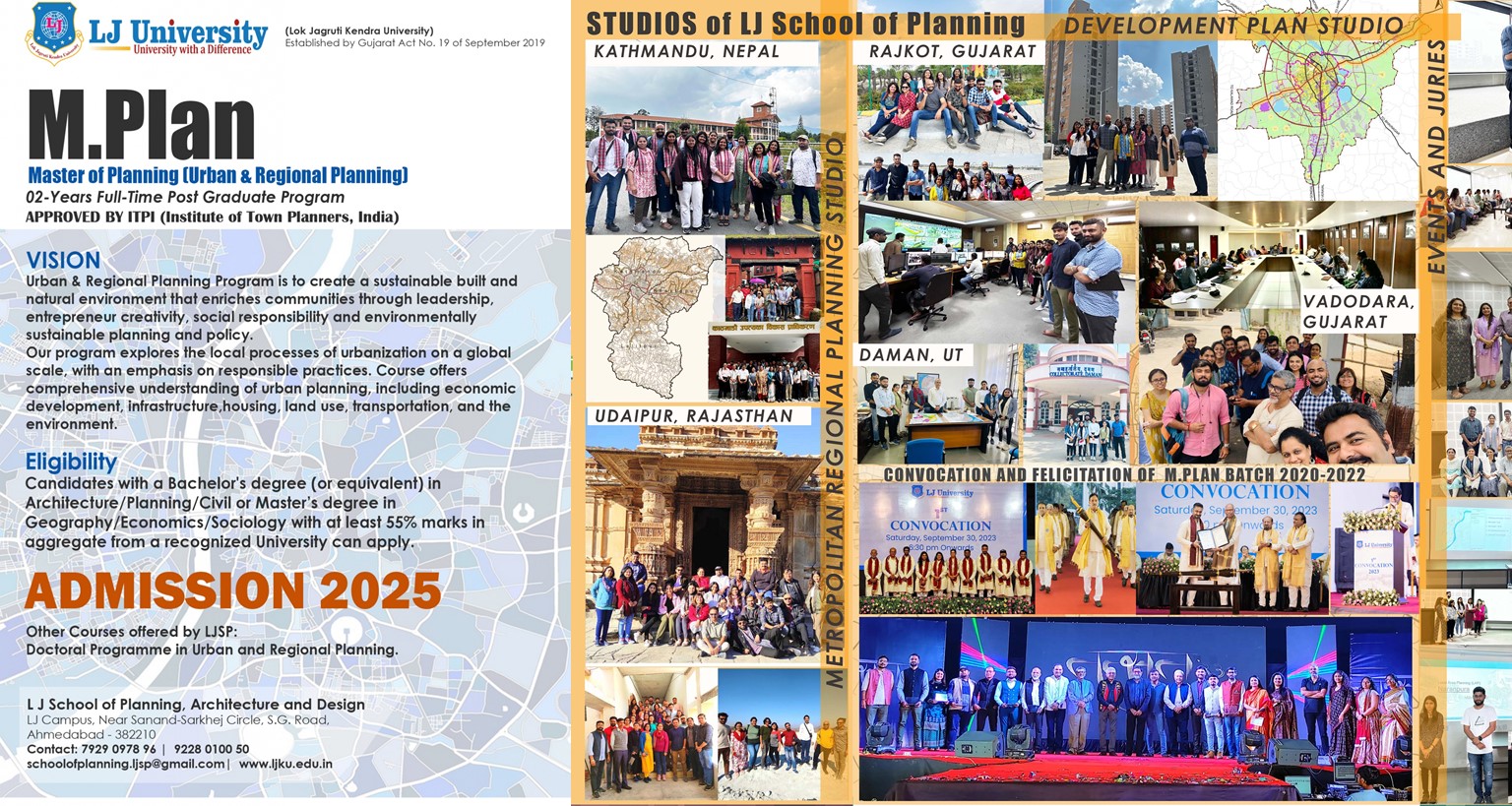Scope
PLANNING AS A CAREER
Are you interested in shaping the way our cities, towns and villages are developed and built?
Do you want to play a role in preserving biodiversity and safeguarding our architectural heritage?
Would you like to help shape policies to combat global warming, contribute to the creation of self-sufficient communities and shrink our ecological footprint?
Do
you believe in social justice and strengthening communities to be able to
influence policies that affect their lives? Do you agree with taking a
long-term view on economic development to ensure that future generations can
benefit from the earth s resources as much as we are doing now?
If you can say
yes to even one of these questions then consider a career in planning.
SOME OF THE THINGS THAT PLANNERS DO INCLUDE:
Managing development and helping to create affordable housing.
Playing a role in regenerating socially-deprived areas and creating new jobs.
Designing our towns and cities to include attractive buildings, vibrant public spaces and bustling shopping centers.
Working to protect our countryside, trees, hedgerows, forests, grasslands, waterways, rivers and shorelines.
Helping to bring back historic buildings into sympathetic use.
Creating policies for managing traffic and providing sustainable solutions to our transport needs.
Improving energy efficiency and cutting carbon emissions in our homes, factories and businesses.
Engaging communities to have a say in how their living space is developed and protected to improve their quality of life.

